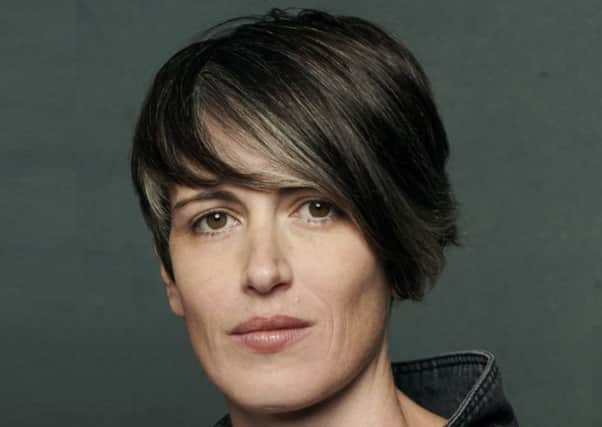Film is sharp reminder that women are still fighting for the right to play football


After that first game in Copenhagen, it was noted how several of the Glasgow City players would be back behind their desks in Scotland the following morning having landed just a few hours earlier.
While undoubtedly tough, that is the reality of semi-professional and amateur sport. A viewing of the film Freedom Fields this week offered a sharp reminder of the extent to which some women around the world are still fighting for the right simply to play football at all. Filmed over five years, it charts the struggle to re-form a Libyan women’s team as the country descends into civil war. Nominated for a Scottish Bafta in the feature film category alongside the Glasgow-set Wild Rose and Only You, the result will be announced at a ceremony in the city a week on Sunday. Further recognition would help the possibility of a wider release for a film described in one review as “visually arresting”.
Advertisement
Hide AdAdvertisement
Hide AdIt’s also almost unbearably tense at times, such as when one of the three main characters portrayed tries to leave Libya to attend a coaching course in Cameroon. Her route is via Tunisia but she gets no further than the border.
Lights flash, the camera darts about the back of the car. There’s no male guardian, so the road ends here. “Turn round and go home,” a guard demands.
Freedom Fields, directed by Naziha Arebi, was released this summer, in the build-up to the women’s World Cup with support from Screen Scotland. While shot in Libya and Lebanon, much of the post-production took place in Scotland.
“And I qualify as Scottish – hence the support from Screen Scotland,” said producer Flore Cosquer, pictured inset, who is from France but now calls Edinburgh home.